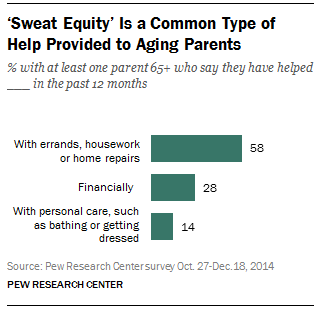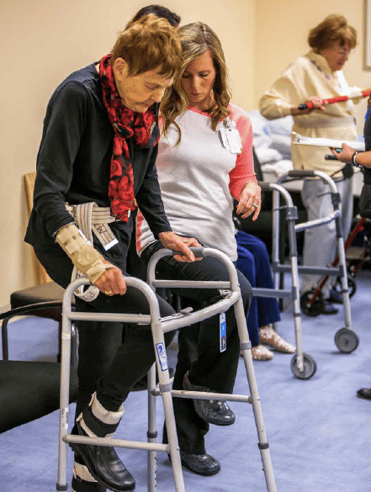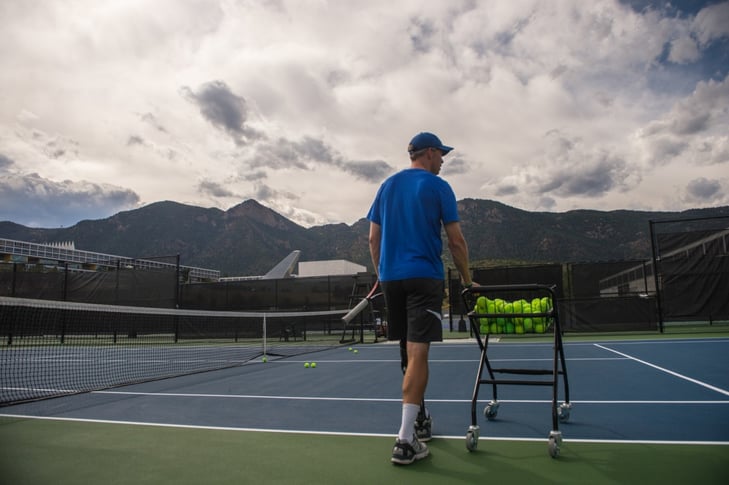May is American Stroke Awareness Month. And we need such a month, because strokes and other life-threatening, life-altering cardiovascular illnesses are a growing problem for our nation’s citizens. Research suggests that Americans suffer from the leading causes of stroke and heart disease — including high cholesterol and high blood pressure — disproportionately more than residents of other developed nations.
One of the reasons so many Americans suffer strokes and other vascular emergencies lies in the national obesity epidemic. In the United States, the average body mass index has dramatically increased over the past 50 years — likely a result of increasingly sedentary lifestyles, a large-scale shift away from active careers toward toward office-based and service sector jobs, stressful work-life imbalances and heavy reliance on processed and fast food.
Nearly 78 million Americans — about one-fourth of the total population — meet criteria for obesity, and are thus at higher risk of incurring a stroke or heart attack. And the obesity crisis is unfortunately concurrent with the Baby Boom generation’s peak retirement. Older people are, at baseline, more likely to suffer strokes; obese elderly people have a very high risk of incurring a stroke.
If you or an elderly loved one has recently experienced a stroke, make sure you know the keys to a successful recovery. And know where your family can turn for post-stroke rehabilitation care and resources in Cincinnati.
What to expect during your loved one’s post-stroke recovery process
A stroke can rob your older loved one of mobility, speech, memory and independence. Those areas are the focus points of post-stroke rehabilitation. The goal is to help the stroke patient recover as much independence as possible. But it’s never an easy process — recoveries from significant strokes can last months, or even years.

Some can make a relatively full recovery. Others may only partially recover their pre-stroke abilities. The sooner after a stroke a senior begins treatment, the more likely he or she will be to regain at least some measure of independence.
According to the Mayo Clinic, post-stroke recovery may incorporate therapist-assisted physical activities, technology-assisted physical activities, cognitive therapies, medications and, sometimes, experimental therapies. Some patients need short- or long-term stays in a physical rehabilitation facility, like Marjorie P. Lee in Cincinnati. Others may be able to recover at home, with outpatient or in-home therapy.
If your loved one is entering the outpatient recovery stage, you’ll likely be juggling more than doctor appointments and in-home nursing schedules. You may also be working with a physical therapist, a respiratory therapist, an occupational therapist, a speech therapist and/or a memory care therapist.
What can you do to help your loved one recover from a stroke?
There’s plenty you can do to aid your older loved one in his or her stroke recovery process. You can:
1. Stay positive and be encouraging
A full recovery may occur rapidly, slowly or not at all. There’s no way to predict it. Remember that any progress is good progress. Your loved one may become frustrated or depressed. He or she may begin to lose hope. Be there to listen, point out progress when it happens, and provide positive energy to your senior relative or friend.
2. Reduce injury risks
 If your older loved one is recovering at home, remember that post-stroke patients are at a very high risk of incurring dangerous falls. Remove clutter. Rearrange furniture to allow wide passages. Fix “bubbles” in carpeting and remove area rugs. Install non-slip matting in the bathtub and on other slick surfaces.
If your older loved one is recovering at home, remember that post-stroke patients are at a very high risk of incurring dangerous falls. Remove clutter. Rearrange furniture to allow wide passages. Fix “bubbles” in carpeting and remove area rugs. Install non-slip matting in the bathtub and on other slick surfaces.
Consider installing handrails and grab bars in hallways and in the bathroom. And you may need to install a chairlift or other mobility-assistance devices, to help your older loved one get around at home.
3. Watch for signs that your loved one needs extra help
An older loved one might not ask for help, even if he or she needs it. This may result from their desire not to “be a burden,” or out of a sense of personal pride. Or, they might not even realize they need extra help.
Don’t be invasive of their privacy. And don’t hover. But watch. And if you see your elderly loved one needing an extra hand, humbly lend one.
4. Help your loved one monitor medications
It’s likely your older relative or friend will be on a variety of medications after a stroke — a blood thinner, an anti-hypertensive, a beta blocker or other heart medication, and more. Make sure you understand what each does, what each one’s adverse effects can be and how to spot them, and help your loved one to remember to adhere to his or her prescription regimen.
5. Help your loved one manage appointments and daily living tasks
Your older relative may need interim help with transportation to and from doctor and therapy appointments, help managing bill payments and correspondence, help dressing, bathing, cooking and cleaning. Be there to lend a hand, or help to arrange for community-based services that could meet his or her needs.
6. Watch for sudden shifts in mood, behavior, or physical ability.
Stroke patients are more likely to have future strokes than patients who have never experienced one. If you observe any sudden, major changes in mood, behavior, or mobility, your loved one needs to be seen immediately. Make sure you’re checking in often, if your loved one is aging in place and recovering as an outpatient.
7. Know where you can turn for inpatient recovery.
Some post-stroke patients cannot safely live on their own. They may need short-term, residential nursing care, or even permanent placement.
A person-centered, not-for-profit residential nursing provider like Episcopal Retirement Services’ Marjorie P. Lee — Amstein House community can help your loved one continue his or her recovery in a cheerful, medically-monitored environment, and give you peace of mind, knowing that his or her needs are being safely looked after.
Need to learn more or arrange for a visit? Click here. We’re honored to help you and your loved one in this difficult time.













